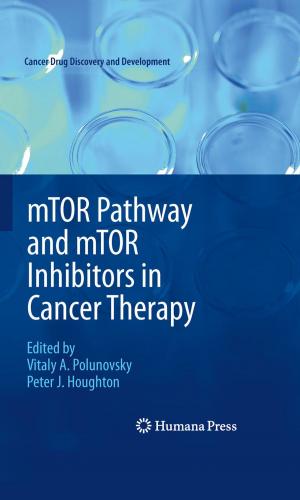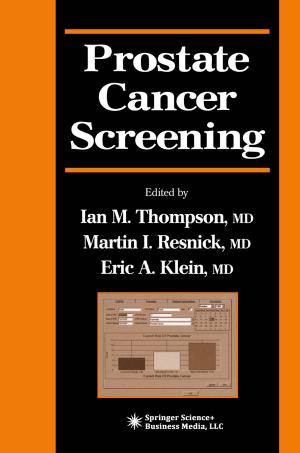Molecular Biomethods Handbook
Nonfiction, Science & Nature, Science, Biological Sciences, Cytology, Other Sciences, Molecular Biology| Author: | ISBN: | 9781592596423 | |
| Publisher: | Humana Press | Publication: | October 9, 2007 |
| Imprint: | Humana | Language: | English |
| Author: | |
| ISBN: | 9781592596423 |
| Publisher: | Humana Press |
| Publication: | October 9, 2007 |
| Imprint: | Humana |
| Language: | English |
In the Molecular Biomethods Handbook, Ralph Rapley and John Walker assemble an authoritative team of investigators to illuminate the core bioanalytical techniques used every day in their own laboratories, and laboratories throughout the world. These highly experienced writers fully explain both the theory behind, and the application of, these key techniques, and include extensive references for those seeking detailed laboratory protocols. The techniques covered range from the extraction, separation, detection, and characterization of nucleic acids to gene cloning and library production, mapping, expression, transgenesis, differential display, and DNA profiling, to name a few. Numerous key protein methods, as well as support and related techniques, are also included.
The Molecular Biomethods Handbook provides both established scientists and novices who are new to these techniques a deeper understanding of the widest variety of biotechniques-and how to use them successfully. The resulting insights will significantly enhance your ability to investigate and define biological processes at the molecular level.
In the Molecular Biomethods Handbook, Ralph Rapley and John Walker assemble an authoritative team of investigators to illuminate the core bioanalytical techniques used every day in their own laboratories, and laboratories throughout the world. These highly experienced writers fully explain both the theory behind, and the application of, these key techniques, and include extensive references for those seeking detailed laboratory protocols. The techniques covered range from the extraction, separation, detection, and characterization of nucleic acids to gene cloning and library production, mapping, expression, transgenesis, differential display, and DNA profiling, to name a few. Numerous key protein methods, as well as support and related techniques, are also included.
The Molecular Biomethods Handbook provides both established scientists and novices who are new to these techniques a deeper understanding of the widest variety of biotechniques-and how to use them successfully. The resulting insights will significantly enhance your ability to investigate and define biological processes at the molecular level.















